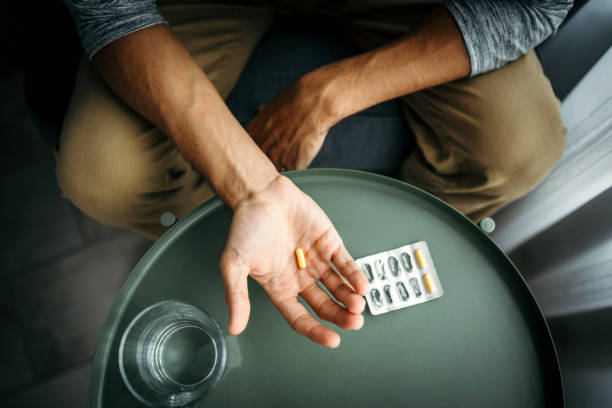The #1 Rated Blood Sugar Formula
Finding The Right Medication for Blood Pressure

For most people, medications are a major part of the plan to lower blood pressure. These medications, also called antihypertensive drugs, do not cure high blood pressure. But they can help bring it back into the normal range.
Which medications you should take depends on things like:
- How high your blood pressure is
- What is causing it
- How your body reacts to the medication
- Other health problems you have
- Amiloride (Midamor)
- Bumetanide (Bumex)
- Chlorthalidone (Hygroton)
- Chlorothiazide (Diuril)
- Furosemide (Lasix)
- Hydrochlorothiazide or HCTZ (Esidrix, Hydrodiuril, Microzide)
- Indapamide (Lozol)
- Metolazone (Mykrox, Zaroxolyn)
- Spironolactone (Aldactone)
- Triamterene (Dyrenium)
- Acebutolol (Sectral)
- Atenolol (Tenormin)
- Betaxolol (Kerlone)
- Bisoprolol (Zebeta)
- Carteolol (Cartrol)
- Metoprolol (Lopressor, Toprol XL)
- Nadolol (Corgard)
- Nebivolol (Bystolic)
- Penbutolol (Levatol)
- Pindolol (Visken)
- Propranolol (Inderal)
- Sotalol (Betapace)
- Timolol (Blocadren)
- Doxazosin (Cardura)
- Prazosin (Minipress)
- Terazosin (Hytrin)
- Benazepril (Lotensin)
- Captopril (Capoten)
- Enalapril (Vasotec)
- Fosinopril (Monopril)
- Lisinopril (Prinivil, Zestril)
- Moexipril (Univasc)
- Perindopril (Aceon)
- Quinapril (Accupril)
- Ramipril (Altace)
- Trandolapril (Mavik)






